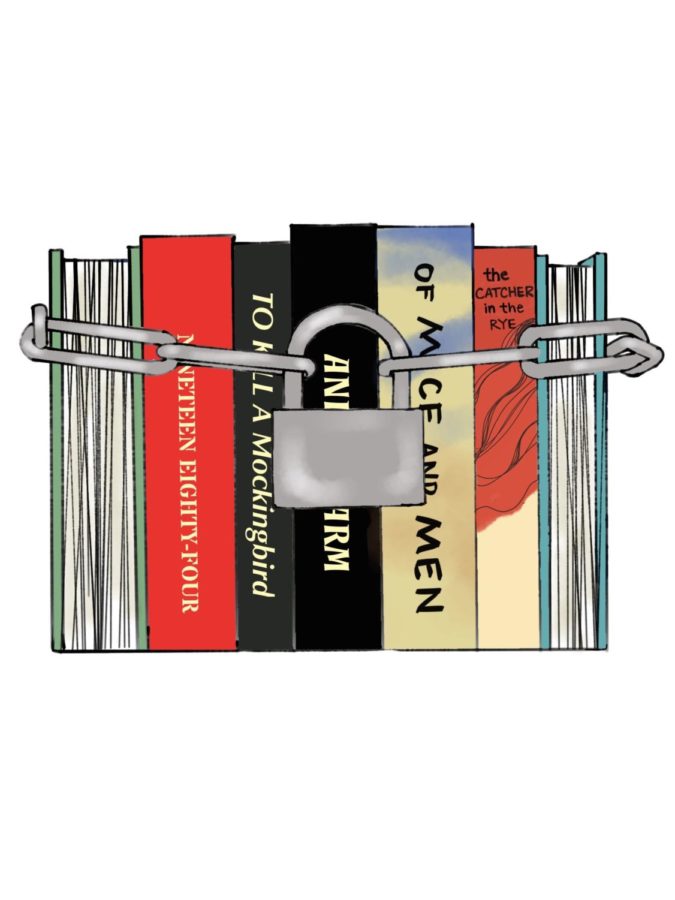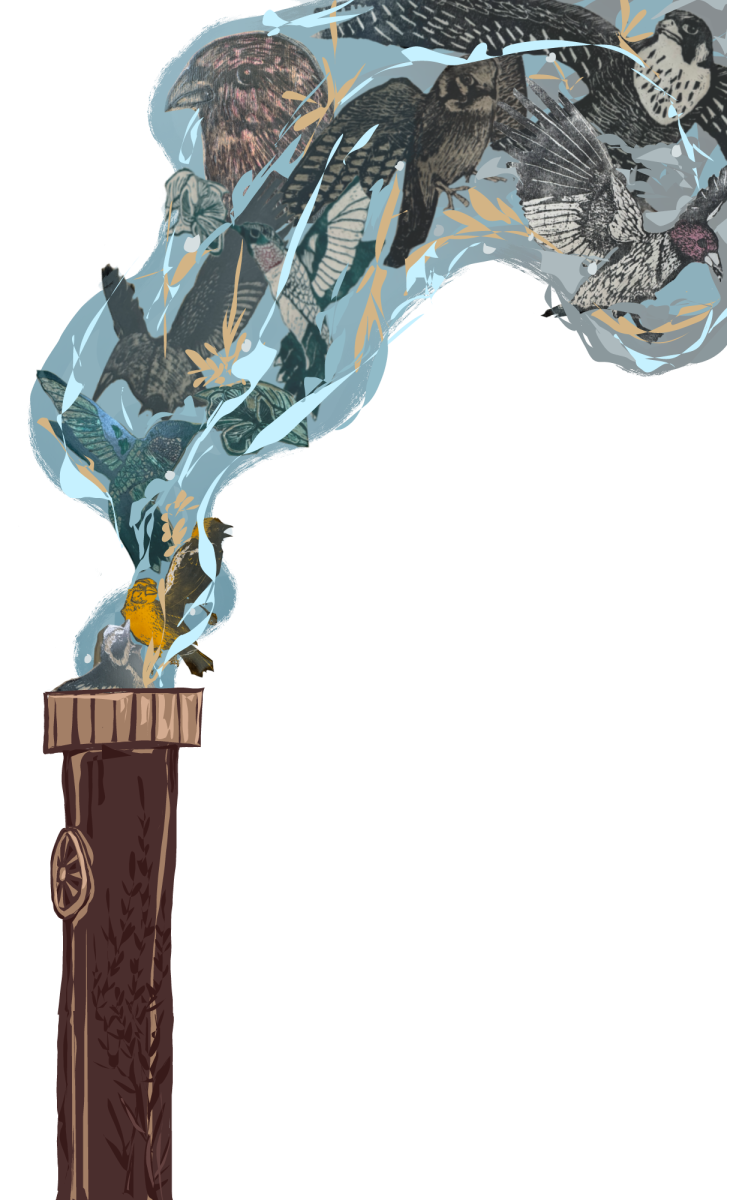Schools and libraries have a long, complex history of challenging books. According to Banned Books Week.org, most books are challenged by schools because they contain LGBT content, sex, violence, or profanity, or other things deemed “inappropriate”. It can be fairly widely agreed upon that disallowing books because of LGBT content or similar topics is generally harmful; limiting kids from seeing characters like themselves in books makes them feel like they have to hide. Representation in books is incredibly important, especially when you’re still growing up. However, in other aspects, it gets more tricky: when do certain topics start to actually negatively affect the mental and emotional health of readers?
Rick Cawood, head of the English department, emphasizes the fact that “Blake believes in having a really open approach to literature, and giving students the broadest possible range of reading lists.” While they do discuss which books may not be “developmentally appropriate”, the main focus is put on the “literary merit” of the text. Cawood says that “even when it’s fiction, there’s some basis in which it’s not just for the sake of drama, or passion, or stirring up the emotions, there’s actually a deeper literary purpose involved”.
However, sometimes, despite the good intentions, the books we get assigned do “stir up the emotions”. One AP English student who prefers to stay anonymous says that “obviously some of this content does need to be processed and does need to be learned, but I just don’t think it needs to be to the point where multiple students feel like they might have panic attacks if they read the content assigned to them…I think in general it’s just not healthy to expose teenagers to this stuff over, and over, and over”. Especially for students with preexisting mental health issues, having to constantly read and discuss certain topics can be very difficult.
So, what do we do? When it boils down to it, there’s no clear solution. I can’t tell you what’s too much or not enough for a teenage brain, I can only speak from my experience and say that the objective of reading critically should always be to make ourselves into more successful, understanding people. And while it falls on the shoulders of the English department to determine which books might do that, we as students also need to remember that goal when doing our assigned reading. Because first and foremost, the way to become more successful and understanding is not only being able to see pieces of yourself in what you read, but to take care of yourself and know your limits. And if the books assigned to you aren’t effective in that regard, it’s not worth it.







